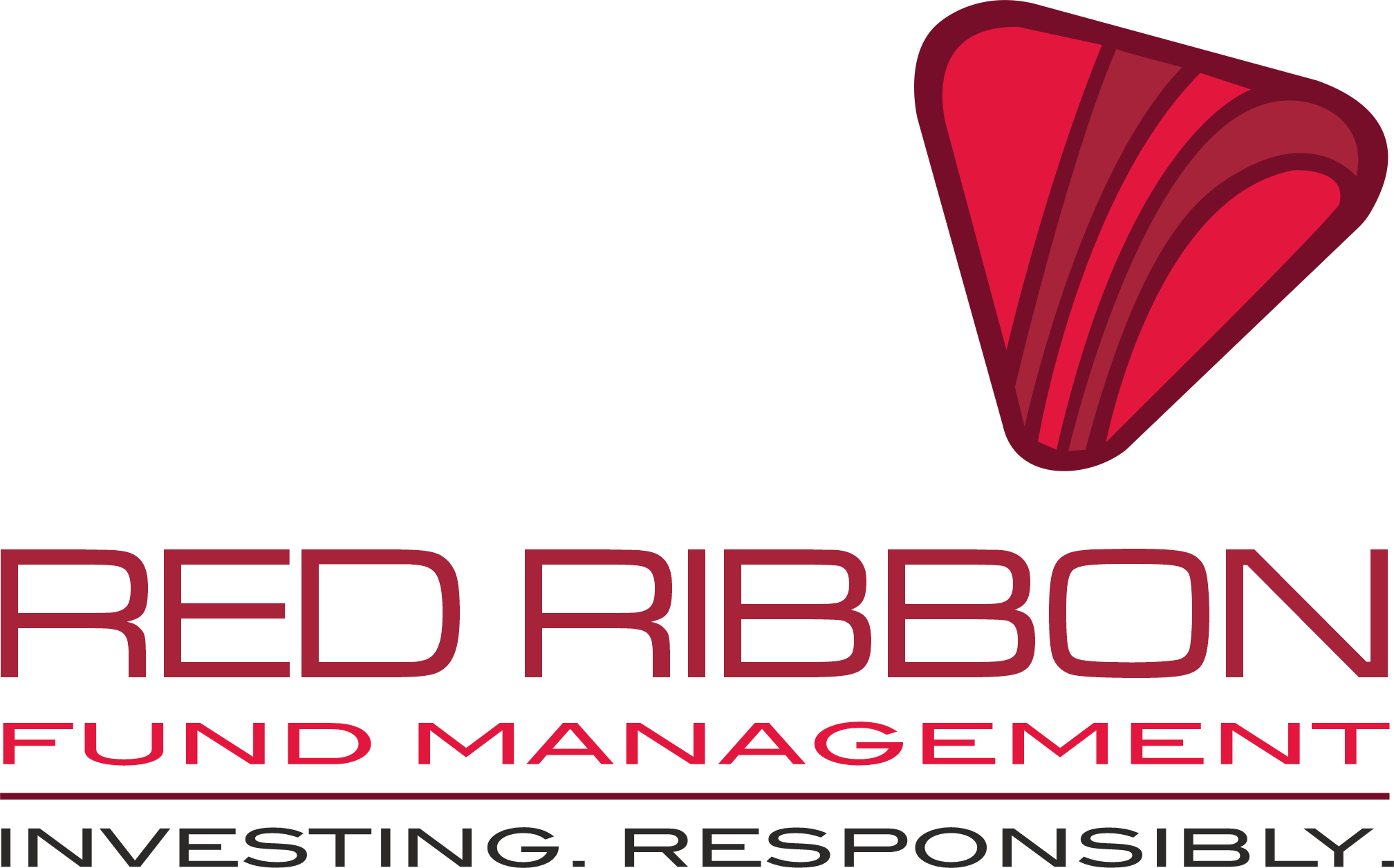It’s all about the Patterns…and reading them right means a more sustainable future
We’ve become so used to hearing and reading daily about the latest advances in AI technology, but just to demonstrate the sheer pace of change, all of these (and more) were announced last month: AI software to re-distort voice recordings and prevent fake family members calling for “emergency cash” (AntiFake: www.scientificamerican.com); research from the Technical University of Denmark that proves the ability of AI “transformer models” to accurately predict individual life events (and even the date you’re likely to die: www.nature.com); and new AI software from Wittenberg University that uses 3D modelling to decipher previously undecipherable cuneiform text dating back 3,500 years (www.uni-halle.de).
In each case, these results were achieved by “scraping” vast amounts of data onto an AI “memory”, and then using an algorithm to detect and process key patterns in the data, such as the cadence of your (real) child’s voice when it calls asking for money; the life expectancies of 1959 Wharton graduates who smoked, drank too much, and drove fast cars; and, yes, those swirling patterns on a lump of Babylonian pottery too. You get the picture…it’s all about the patterns, and the increasingly sophisticated way we interpret them is reshaping the way we live, work, and deal with each other on a daily basis.
Isaiah Berlin was right then when he said, “To know the world properly, you have to understand its patterns”, and that’s precisely where AI comes into its own… often in the most surprising places.
Getting sustainability right
Take, for example, hot-button issues like sustainability and carbon footprint reduction, where AI is playing a crucial role in the containment and analysis of greenhouse gas emission patterns…and why “crucial”? Well, because the breathtaking speed of AI analysis now enables operational improvements to be identified in the blink of an eye, with support systems then being adjusted automatically to reduce harmful emissions. This means sustainability, and getting sustainability right is becoming much more a science than an art, and because AI can also be incorporated into the fabric of any modern building, those all-important patterns have become an integral part of the process, too.
Sustainable hospitality
Lighting levels in hotel corridors and individual rooms have been notoriously wasteful for decades, with operators anxious to preserve a brightly lit environment even though hours (days even) might go by without a guest in sight. By using AI, Greener Hotel Development is making this sort of nonsense a thing of the past: machine learning algorithms not only calibrate current occupancy levels and guest movements but also predict future occupancy and footfall. Vacant rooms can be programmed to “hibernate” in response to predicted patterns of demand, and the same smart technologies can also optimise the company’s own energy use, transport requirements, and water usage levels.
Small wonder then that a recent EU study (www.ec.suropa.eu) reported savings of up to 15% could be achieved by incorporating predictive AI programming into commercial energy management systems; and, of course, the raw potential of AI has long been obvious as part of an increasing number of circular economy initiatives (greener and more sustainable hotels amongst them).
In the process, immersive technologies have inevitably become an integral part of any truly modern building, anticipating and responding intelligently to all those intricate, constantly shifting patterns…and that means a greener, more sustainable future for us all.
Red Ribbon Phoenix Green Hotel Fund (www.redribbon.gi/phoenix-green-hotel)
The Red Ribbon Phoenix Green Hotel Fund was created to respond proactively to rapidly changing market and regulatory conditions in the hotel and hospitality sector: helping to ensure robust design and supply chain specifications to ensure greener and more sustainable relationships. And yes, the Red Ribbon Phoenix Green Hotel Fund is also fully committed to Whole Life Carbon targeting, as part of its mission to reach far beyond the build stage and inform ESG compliance over the project’s full lifetime.

%20(1).jpg)
.jpg?width=150&height=150&name=esg%20(2).jpg)
.jpg?width=150&height=150&name=2150946721%20(1).jpg)